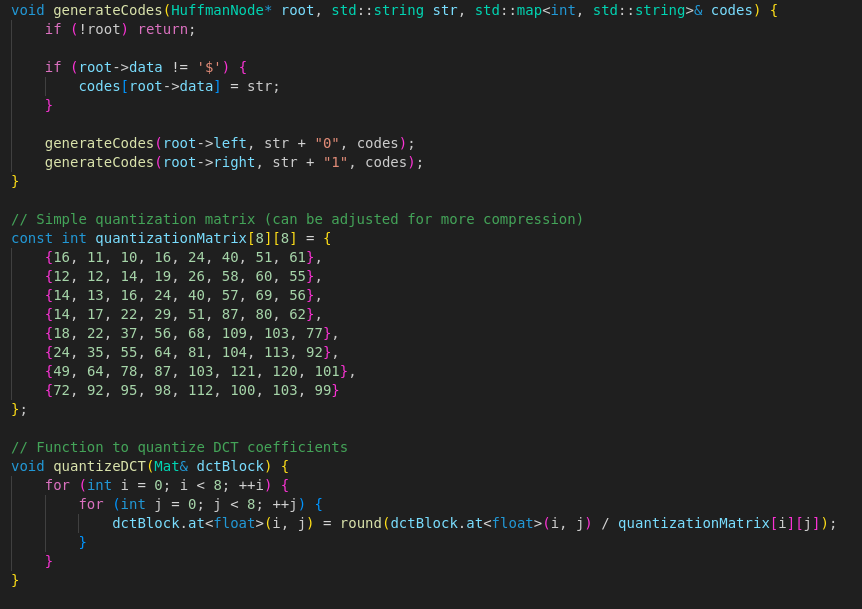Deepseek: The Chinese Ai Startup That Dethroned Chatgpt

In a stunning turn of events, DeepSeek—a relatively new Chinese AI startup—has overtaken OpenAI’s ChatGPT to become the top-rated free app on the U.S. Apple App Store.
This milestone, achieved less than a month after DeepSeek’s launch, marks a pivotal moment in the global AI landscape. With its cutting-edge DeepSeek-V3 model, the company is challenging long-held perceptions of U.S. dominance in artificial intelligence.
Here’s how this small Hangzhou-based startup is shaking up the tech world.
The Rise of DeepSeek
Founded in 2023, DeepSeek emerged from a wave of Chinese tech innovation spurred by competition with Silicon Valley.
The startup’s debut app, powered by its DeepSeek-V3 AI model, has captured the attention of U.S. users since its release on January 10, 2025. According to Sensor Tower, the app surged to the top of the App Store charts in record time, leaving even established players like ChatGPT trailing behind.
DeepSeek’s claim to fame is its DeepSeek-V3 model, which its creators tout as a rival to the most advanced AI systems globally, both open-source and proprietary.
Unlike traditional approaches that require vast computational resources, DeepSeek has focused on cost-effective and efficient AI training. This innovation has allowed the startup to achieve remarkable performance without breaking the bank.
What Makes DeepSeek Different?
One of the standout features of DeepSeek’s success is its efficient use of hardware.
According to company researchers, the DeepSeek-V3 model was trained using Nvidia’s H800 chips—a less powerful alternative to Nvidia’s most advanced AI chips. Astonishingly, the entire training process cost less than $6 million, far less than the budgets of its U.S. competitors. While some have disputed these claims, the achievement highlights the potential for innovation within constrained resources.
DeepSeek’s model has garnered praise for its advanced reasoning and problem-solving capabilities, rivaling or even surpassing existing models like OpenAI’s GPT-4. U.S. tech leaders have acknowledged its impressive performance, further fueling debates about how such a breakthrough was achieved in an environment restricted by U.S. export controls.
Implications for U.S. Tech and Export Controls
The rise of DeepSeek has reignited discussions about the effectiveness of U.S. export restrictions on advanced AI chips. Since 2021, the U.S. government has tightened controls to prevent advanced hardware from being exported to China, aiming to limit the country’s AI development. Yet, DeepSeek’s success demonstrates that innovation is possible even under these constraints.
By utilizing less powerful chips and focusing on efficiency, DeepSeek has called into question the assumption that only the most advanced hardware can produce world-class AI systems. This development has left U.S. tech executives and policymakers rethinking their strategies to maintain a competitive edge.
Market Reactions
DeepSeek’s ascent has had ripple effects across global markets. Major U.S. tech companies like Nvidia, Microsoft, and Alphabet experienced significant stock declines following the announcement of DeepSeek’s App Store success. Investors are now closely watching how U.S. firms will respond to this emerging competition.
The achievement also underscores the growing appetite for AI-driven applications among users worldwide. DeepSeek’s ability to capture the top spot in the U.S. market highlights the universal appeal of accessible, high-performance AI.
The Broader AI Landscape
DeepSeek’s rise is part of a larger trend in which Chinese tech companies are increasingly making their mark on the global AI scene. From search engine giant Baidu to smaller startups, China’s AI ecosystem is rapidly evolving. DeepSeek’s success sets a new benchmark for what Chinese companies can achieve, even in the face of geopolitical and technological challenges.
This shift also has broader implications for the global balance of power in AI development. As Chinese firms continue to innovate, the U.S. and other countries will need to accelerate their efforts to maintain leadership in this critical field.
What’s Next for DeepSeek?
With its newfound success, DeepSeek is poised for rapid growth. Industry analysts predict that the startup will continue to expand its AI offerings, potentially entering new markets and developing more advanced models. However, questions remain about how it will navigate the challenges of scaling up while maintaining its cost-effective approach.
DeepSeek’s success also raises questions about the future of AI ethics and transparency. The model has been noted for avoiding sensitive political topics, reflecting a potential bias aligned with its country of origin. As the company gains prominence, it will face increased scrutiny over its algorithms and data practices.
Conclusion
DeepSeek’s meteoric rise represents a seismic shift in the global AI landscape. By challenging U.S. dominance and proving that innovation can thrive under constraints, the startup has reshaped the narrative around AI development. As we move forward, the world will be watching to see how DeepSeek—and the global AI ecosystem—evolves.
The rise of DeepSeek is not just a story about technology; it’s a testament to the power of ingenuity, resilience, and the global race for AI supremacy. Whether this marks the beginning of a new era in AI or a temporary disruption, one thing is clear: the competition has never been fiercer.





















Comments